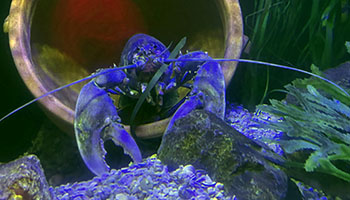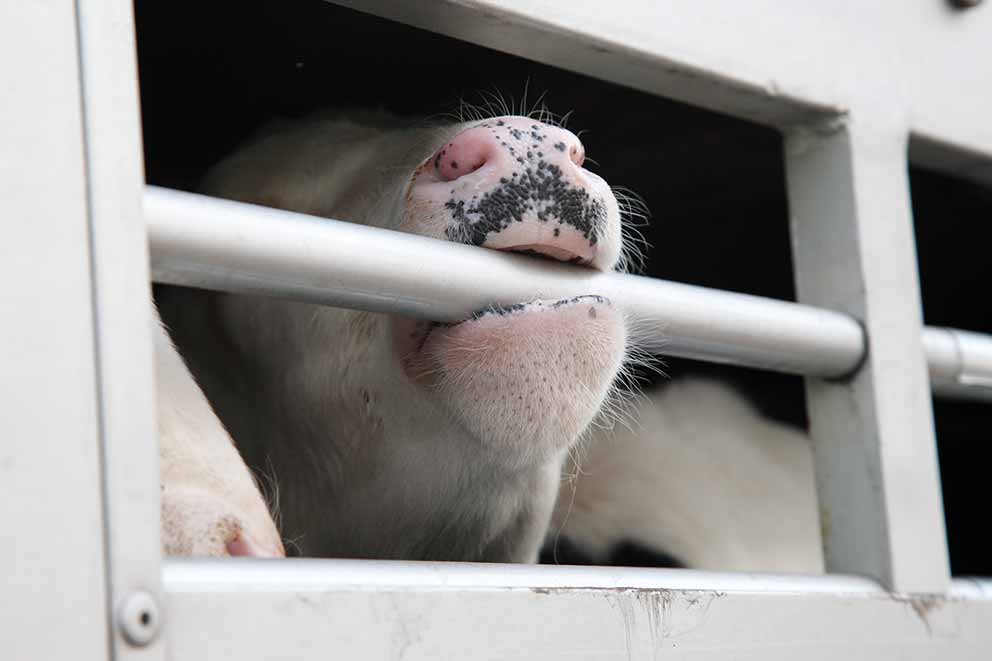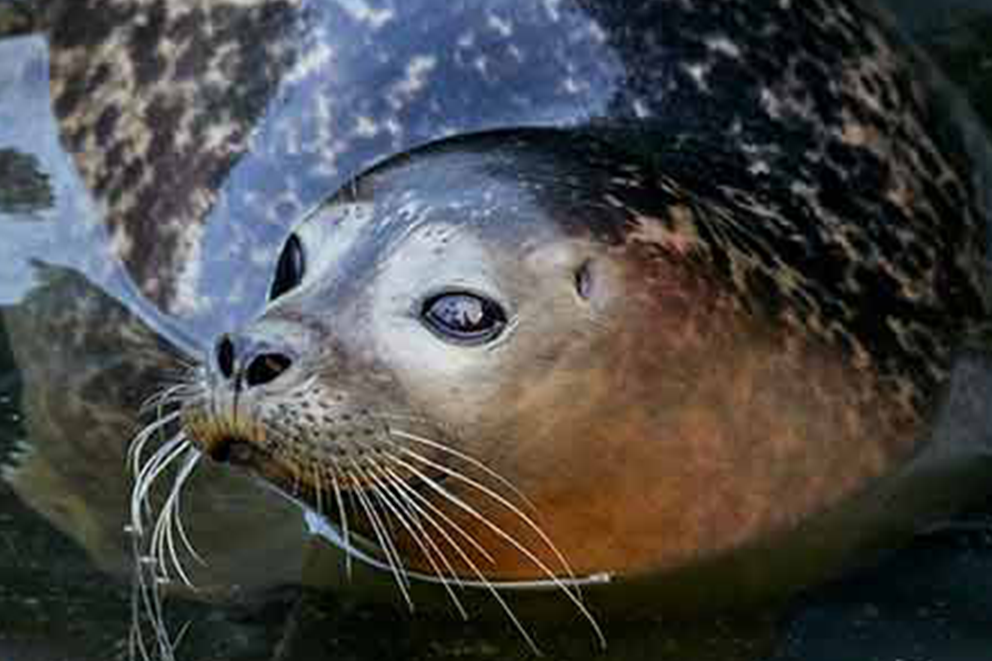- Find a Pet
- Advice and Welfare
- Ways to Give
- Get Involved
- What We Do
- Search
- My RSPCA
- Report a concern
- Sponsor
-
Colour modeVivid Calm
- Home
- Advice and welfare
- Sentience
Animal sentience
The definition of animal sentience refers to the ability of animals to feel things physically and mentally. This is important in understanding how we interact with animals, and how this can be supported through laws and policies.
What is animal sentience?
We define sentience as meaning that an individual can experience positive and negative feelings such as pleasure, joy, pain and distress.
Evidence from multiple scientific studies has helped us to understand that a wide range of animals are sentient.
Which animals have sentience?
Science shows us that many species should be considered sentient – not just mammals and birds. It wasn't long ago that there was a widely-held view that fish don't feel pain, but ground-breaking research found they can.
There is debate about whether other animals such as crabs, lobsters, octopi and squid are also sentient. Many, including the RSPCA believe that there is sufficient scientific evidence to indicate that these animals are, and therefore should be, protected by legislation.
This would mean they are no longer subjected to some of the current practices, like boiling crabs and lobster alive, that cause serious pain and distress.

New laws to protect animals
The RSPCA and other organisations hope that there will soon be legal protection for sentient animals. This would mean all government departments would have to consider the welfare of sentient animals when developing any policies in any area of life.
A Sentience Bill does exist in draft form meaning that progress towards recognising animal sentience is being made. We would also like to see the formation of an expert, independent animal welfare advisory committee to help ensure that the government receives well-informed guidance when applying this law.
How can I help animals with sentience?
One of the aims of the conference was to show how animal sentience is relevant to everyone in their everyday lives. Almost every area of human life has an impact on animals, so everyone should consider how best to reduce or avoid any negative impact on the welfare of sentient animals.
Even pastimes such as rock-pooling or walking in the countryside can have negative effects on animal welfare, unless we are mindful of the impact we could have on the animals involved.
Changes you can make to create a positive impact
With the sentience meaning outlined above, as individuals, there are many things that we can do in our own personal life to create a positive impact for animals of every kind, including:
- Evaluating what we eat
-
Choosing what we wear
-
How we travel
-
The houses and roads we build
-
What we buy
-
Materials we use and items we throw out
-
The way we treat animals
Even pastimes such as rock-pooling or walking in the countryside can have negative effects on animal welfare, unless we are mindful of the impact we could have on the animals involved.



